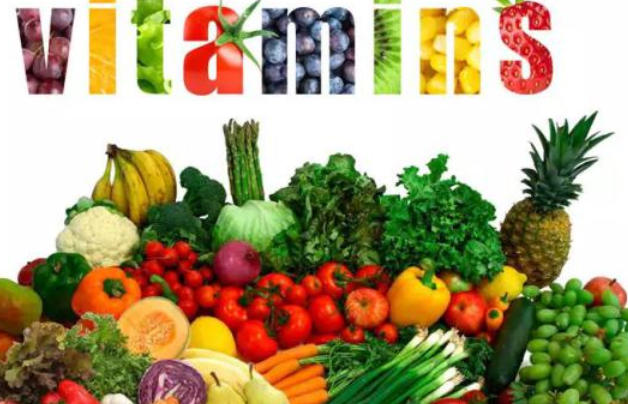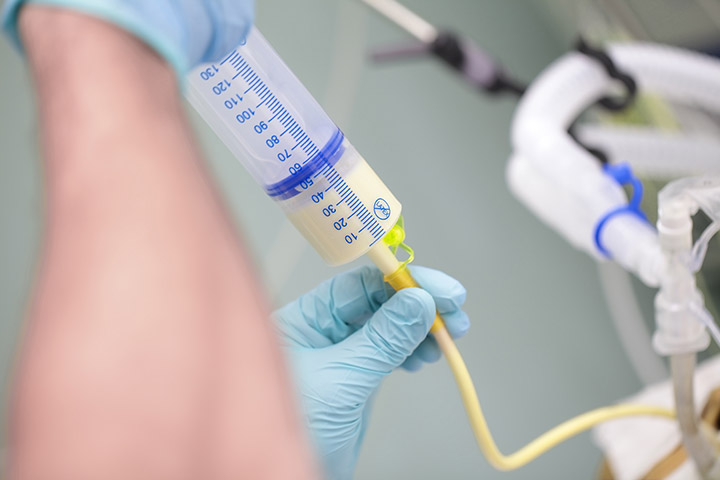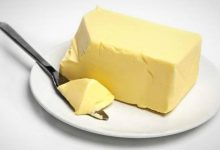Best Way to Get B12 – Vitamin B12 is an essential nutrient that plays a crucial role in maintaining good health. It is involved in the formation of red blood cells, the maintenance of a healthy nervous system, and the metabolism of DNA and RNA. A deficiency of vitamin B12 can lead to a variety of health problems, including anemia, nerve damage, memory loss, and depression. Therefore, it is important to ensure that you are getting enough of this essential nutrient in your diet.
Food Sources of Vitamin B12
Vitamin B12 is found in animal-based foods, such as meat, fish, poultry, eggs, and dairy products. Some plant-based foods, such as fortified breakfast cereals and plant-based milks, may also be fortified with vitamin B12. However, it is important to note that the bioavailability of vitamin B12 from plant-based sources may be lower compared to animal-based sources.

Foods that are particularly high in vitamin B12 include beef liver, clams, wild salmon, and cheese. A serving of beef liver, for example, contains more than six times the recommended daily intake of vitamin B12. Other good food sources include trout, haddock, and sheep’s milk.
Supplements and Vitamin B12 Injections
For individuals who are unable to get enough vitamin B12 from their diet, supplements and injections may be necessary. Vitamin B12 supplements are available in various forms, including tablets, capsules, and sublingual (dissolved under the tongue) forms. The recommended daily allowance (RDA) for adults is 2.4 micrograms per day. However, higher doses may be recommended for individuals who are deficient or at risk of deficiency.
Vitamin B12 injections are another option for individuals who are unable to get enough of this essential nutrient from their diet. Injections are typically given by a healthcare provider and are absorbed directly into the bloodstream, making them a more efficient way to increase vitamin B12 levels. Injections are typically used for individuals with pernicious anemia, a condition in which the body is unable to absorb vitamin B12 from food sources.
Fortified Foods and Drinks
For individuals who follow a plant-based diet, fortified foods and drinks can be a good source of vitamin B12. Many plant-based milks, such as soy milk and almond milk, are fortified with vitamin B12, as are some brands of breakfast cereals and nutritional yeast. These fortified foods and drinks can provide a convenient and reliable source of vitamin for individuals who do not consume animal products.
It is important to note that not all fortified foods and drinks are equal in terms of their vitamin B12 content. Some brands may contain more vitamin than others, so it is important to read labels and choose products that are fortified with a significant amount of vitamin .
Vitamin B12 is an essential nutrient that is essential for maintaining good health. The best way to get vitamin B12 will depend on your individual needs and dietary habits. For individuals who consume animal products, including meat, fish, poultry, eggs, and dairy, food sources are the best option. For individuals who follow a plant-based diet, fortified foods and drinks or supplements may be necessary. Vitamin B12 injections may also be necessary for individuals with pernicious anemia or those who are unable to get enough vitamin from their diet.
Regardless of the method chosen, it is important to consult with a healthcare provider to determine the best way to get vitamin , and to ensure that the appropriate dosage is taken. A well-rounded approach to getting adequate vitamin , which includes a balanced diet, fortified foods and drinks, and possibly supplements or injections, is important for maintaining good health and preventing deficiencies.
It is also important to note that while vitamin supplements and injections can be an effective way to increase vitamin levels, they should not be relied upon as a sole source of this essential nutrient. A balanced diet that includes a variety of vitamin B12-rich foods is the best way to ensure adequate intake of this important nutrient.
In addition to dietary sources and supplements, lifestyle factors such as stress, alcohol consumption, and certain medications can impact the body’s ability to absorb and utilize vitamin . Therefore, it is important to discuss any concerns about vitamin intake and absorption with a healthcare provider.
In conclusion, vitamin is an essential nutrient that plays a crucial role in maintaining good health. The best way to get vitamin will depend on your individual needs and dietary habits, and may include a combination of dietary sources, fortified foods and drinks, and supplements or injections. By working with a healthcare provider and taking a well-rounded approach to vitamin intake, individuals can ensure that they are getting enough of this essential nutrient to support good health and prevent deficiencies.


